15 Alarming Reasons Your Dog Refuses to Eat
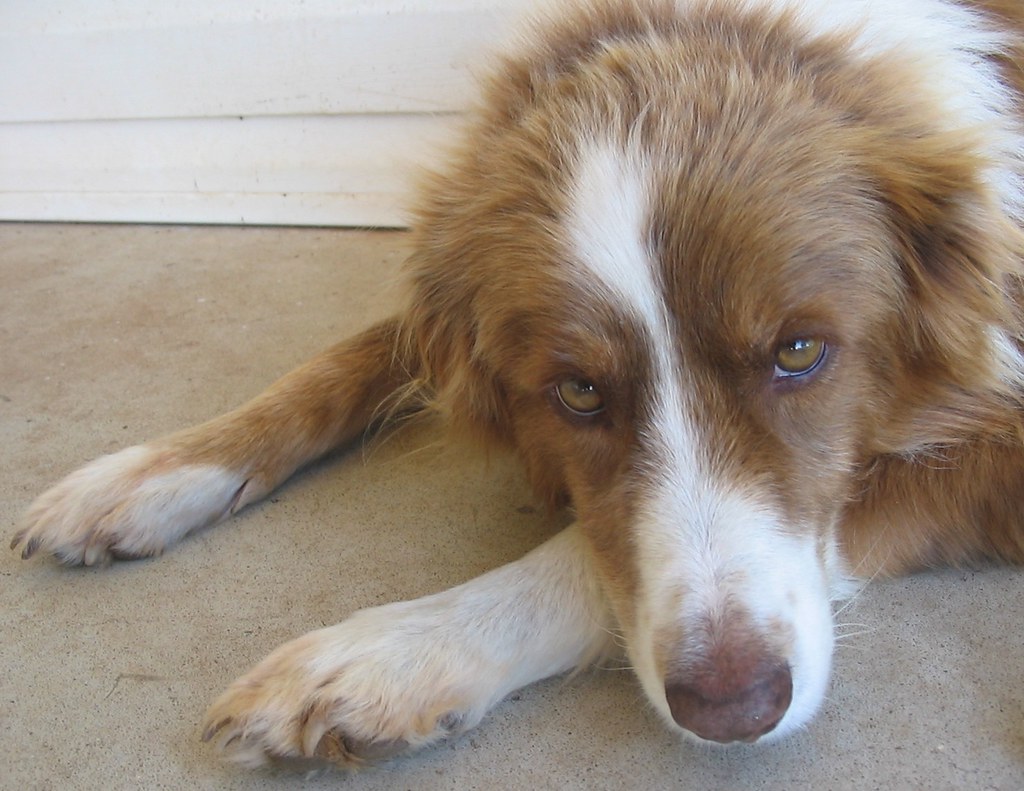
It’s mealtime! You’ve filled a bowl with new food and added some of your dog’s favorite treats, but your pup still isn’t interested. We all have our favorite foods, but when your dog snubs everything you offer, it’s natural to wonder, “Why isn’t my dog eating?” Here are 15 concerning reasons your dog might be refusing to eat.
Dental Drama
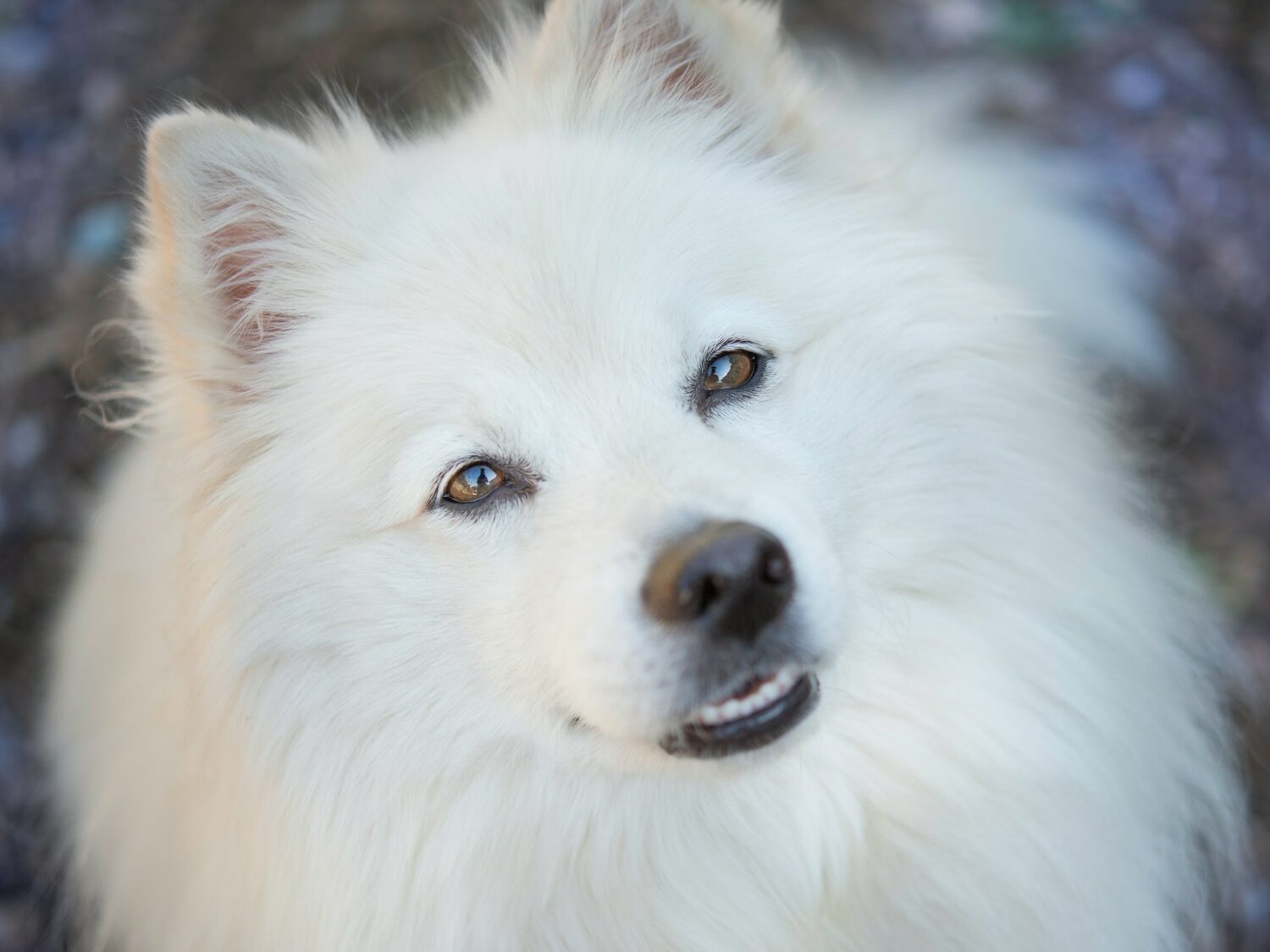
If your pup is suddenly passing on meals, it could be because of some dental issues. Think about it: have you ever tried to eat with a toothache? Ouch! Your dog may be dealing with sore teeth or gums, which makes it reluctant to crunch on that kibble. A quick trip to the vet could reveal some annoying dental problems that need attention.
Food Boredom
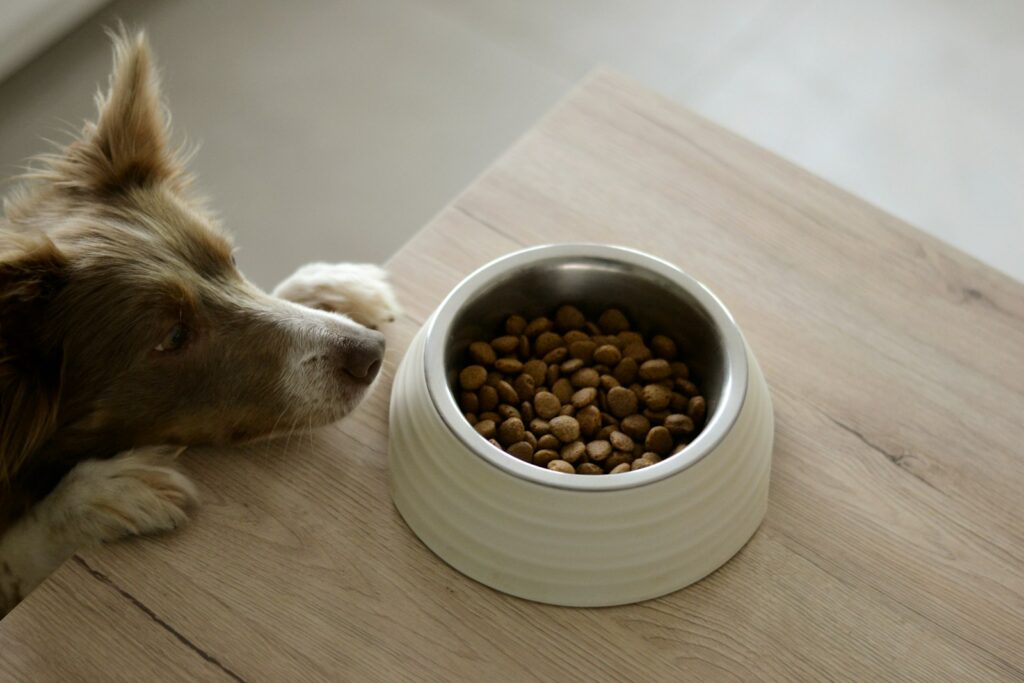
Dogs are picky eaters, and sometimes, they just get tired of the same old kibble. If you’ve been serving up the same flavors for a long time, your pup might be craving something new and exciting to dig his teeth into. You can try to mix up his diet with different flavors. Even some wet food can feel like a gourmet feast for him.
Illness Alert
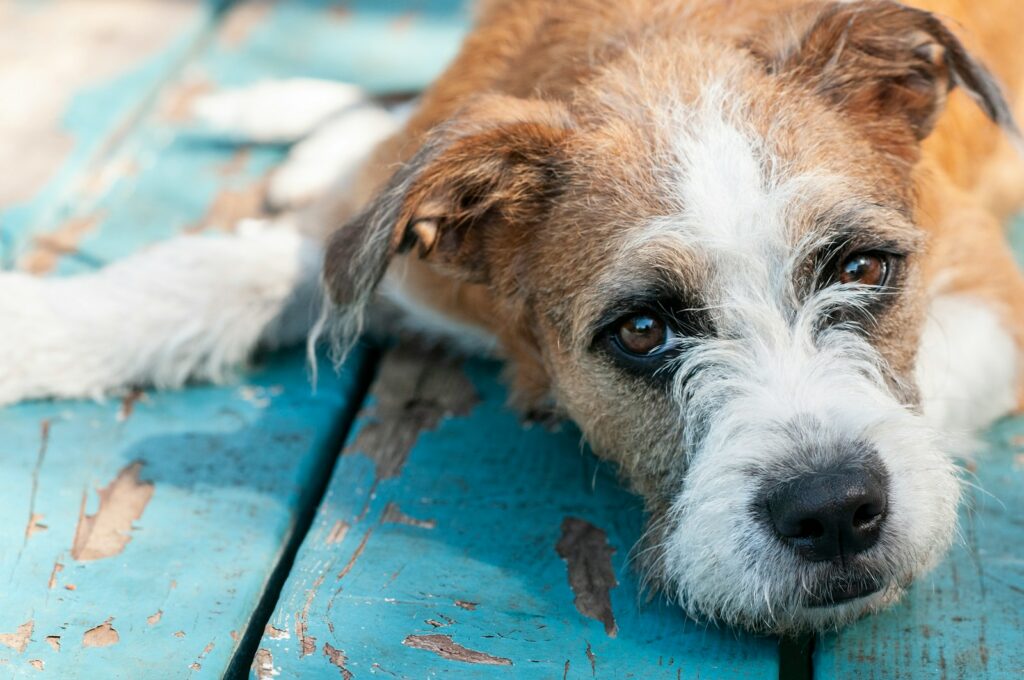
If your dog suddenly refuses to eat anything, it could be a red flag that something’s off health-wise. From stomach issues to infections, there are so many things that could be wrong with your pooch. So keep an eye on symptoms like lethargy or vomiting. Go to your vet as soon as you can to ensure there’s nothing concerning.
Stress and Anxiety
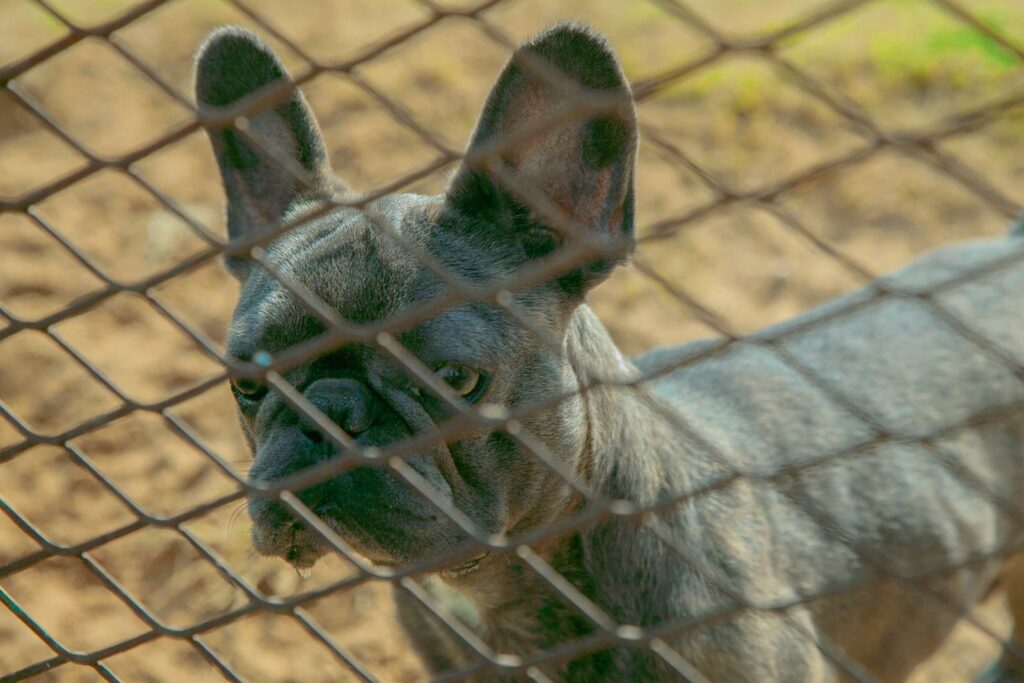
Just like us, dogs can feel stressed out, too. If you’ve recently moved, added a new pet to the family, or even changed your routine—your pup might be feeling a bit anxious. Dogs are creatures of habit, and any kind of change can throw them off. It could explain his loss of appetite if he’s acting more skittish or clingy than usual.
Changes in Routine
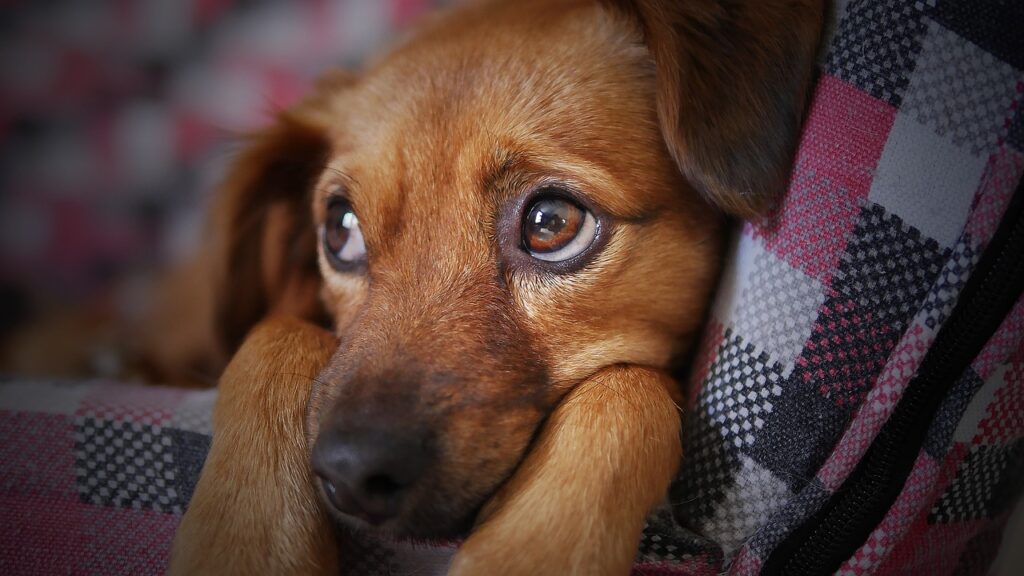
As we said before, dogs thrive on routine, and even little changes can throw them off. If you’ve made changes in their feeding schedule or daily activities, it may take a while for your pup to adjust. Keeping things consistent can help him feel more secure and ready to chow down when it’s mealtime.
Recent Vaccination
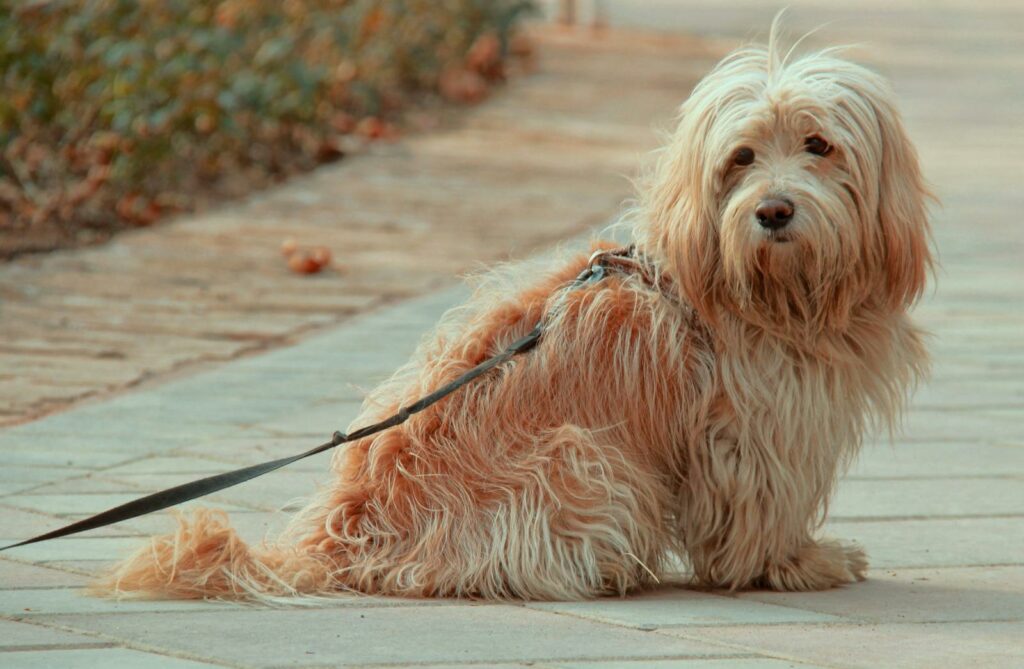
If your dog just got his vaccinations recently—he may feel a little under the weather. It’s totally normal for pups to experience a reduced appetite after getting their shots. They need a day or two to recover from the side effects. Giving him a cozy spot to relax and keeping things low-key can help him feel better and back to his usual self in no time.
Food Temperature
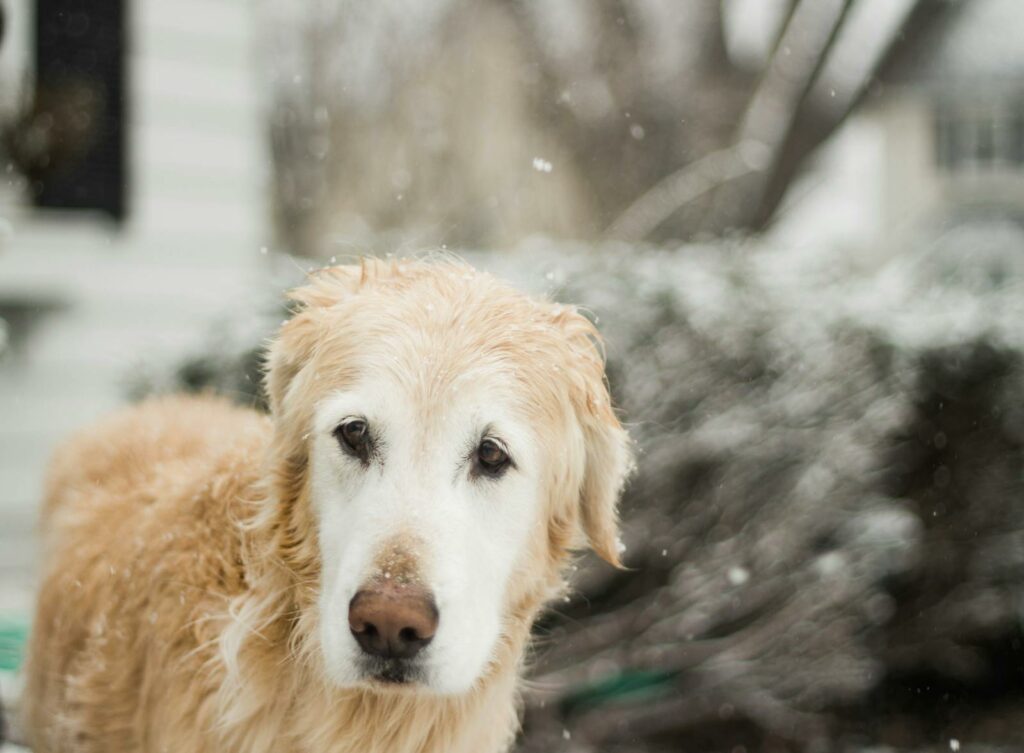
This might remind you of your grandparents: some dogs are very particular about their food temperature. He might not want to dig in if it’s too cold or too hot. Consider warming up his food slightly to bring out the aromas and make it more appealing. Just like how we enjoy our meals at the right temp, your pup might enjoy a little warmth too.
Medical Condition
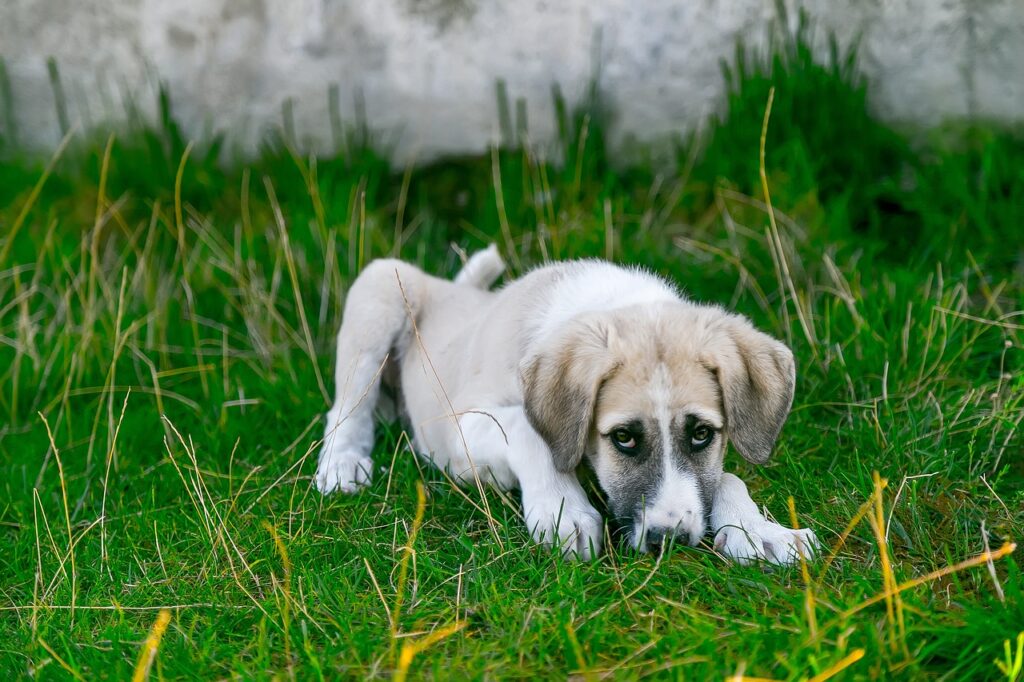
Certain medical conditions can throw your dog’s appetite for a loop. Things like kidney disease or diabetes can lead to big changes in eating habits. If your pup seems lethargic or has other unusual symptoms alongside his loss of appetite—it’s time to consult your vet. Get a diagnosis to figure out what’s best for your pup.
Medications Side Effects
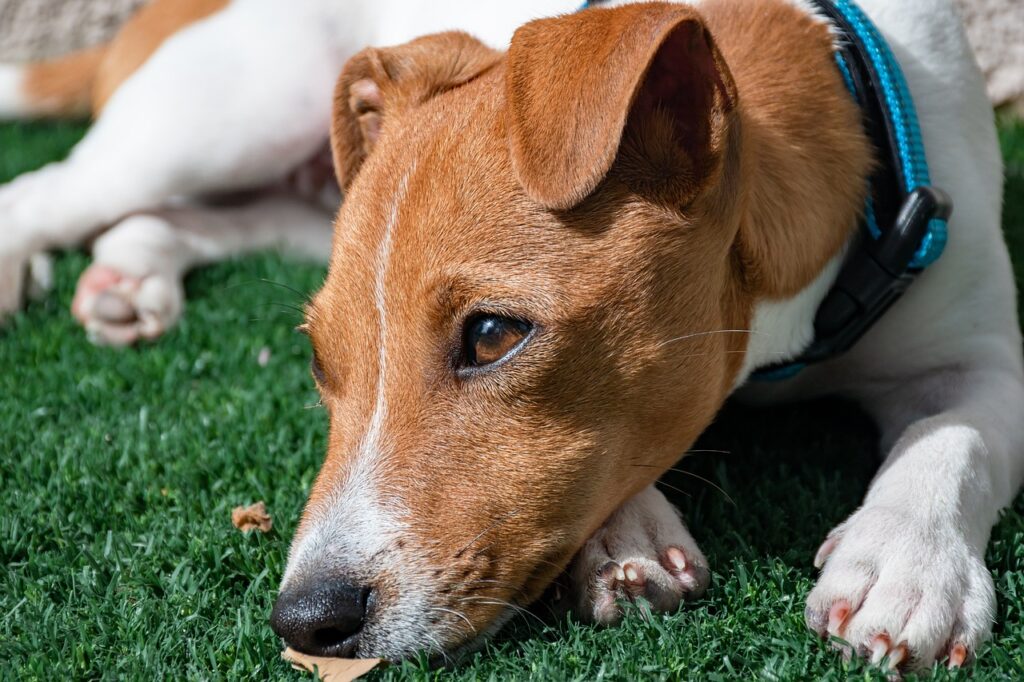
If your dog is on medication, check to see if loss of appetite can be a side effect of that particular med. Some medicines can cause nausea or even just a general sense of “meh” when it comes to food. If you suspect this might be the case, you should chat with your vet about possible alternatives or solutions to keep your pup eating healthy.
Changes in Ingredients
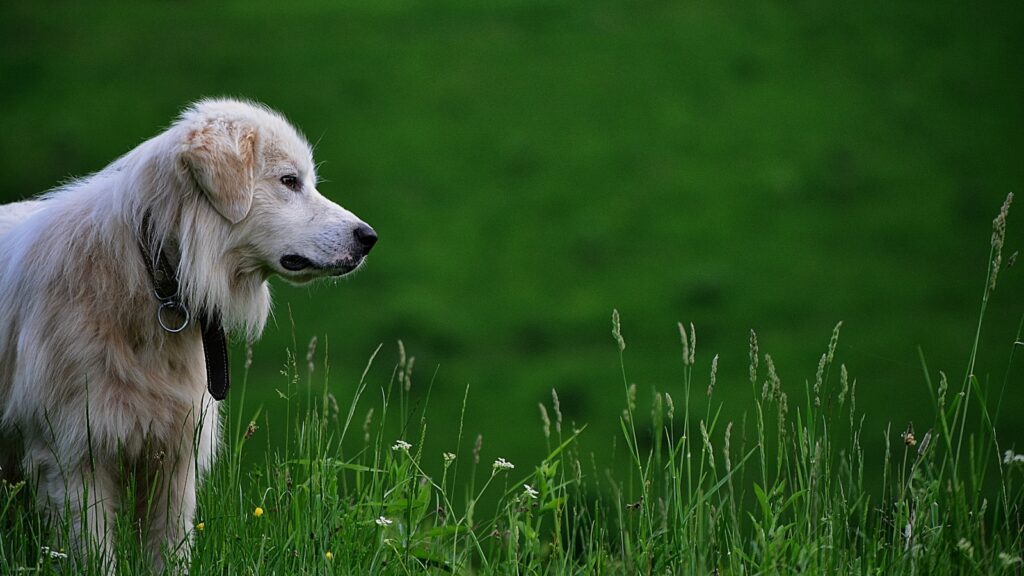
Maybe your dog is not eating because you changed the brand or formulas he liked. You see, dogs can be super sensitive to changes in their meals, and sometimes, it takes a bit of time for them to adjust. If your pup hasn’t touched his food since you made that switch—go back to the original brand or try something else he’ll like better.
Increased Activity
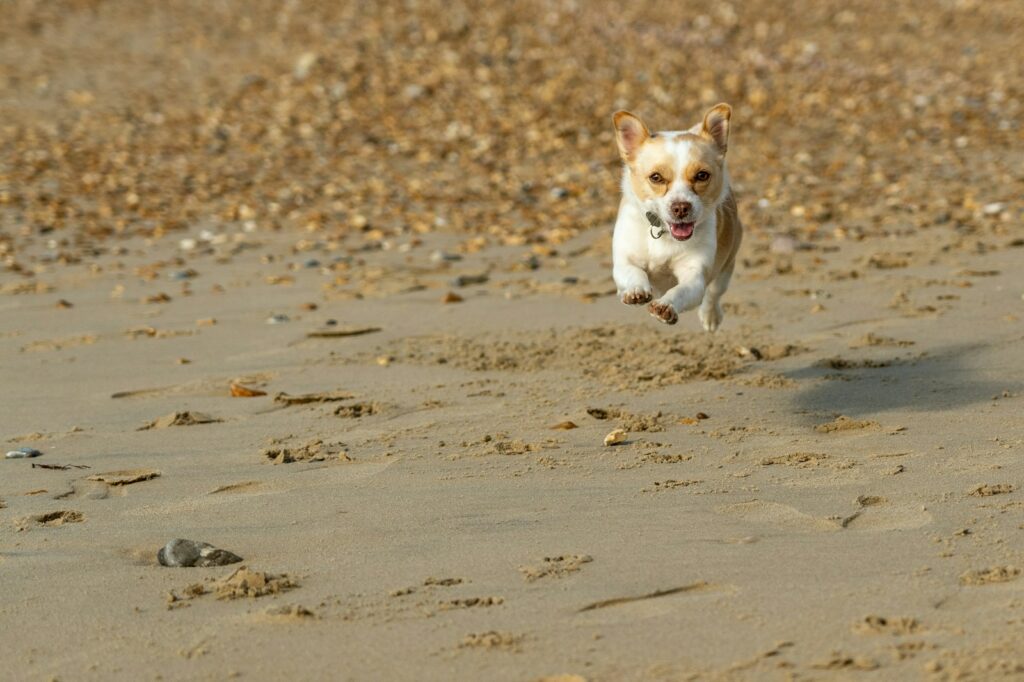
Is your dog running around a lot? Is he jumping more than usual? Does he want to play and never stop? Well, that means he needs more time to settle down before he’s ready to eat. Sometimes, after a fun day of playing, he might be too pumped to focus on his food. Just give him a little downtime after his play session to go to the business of eating.
Human Food Temptation
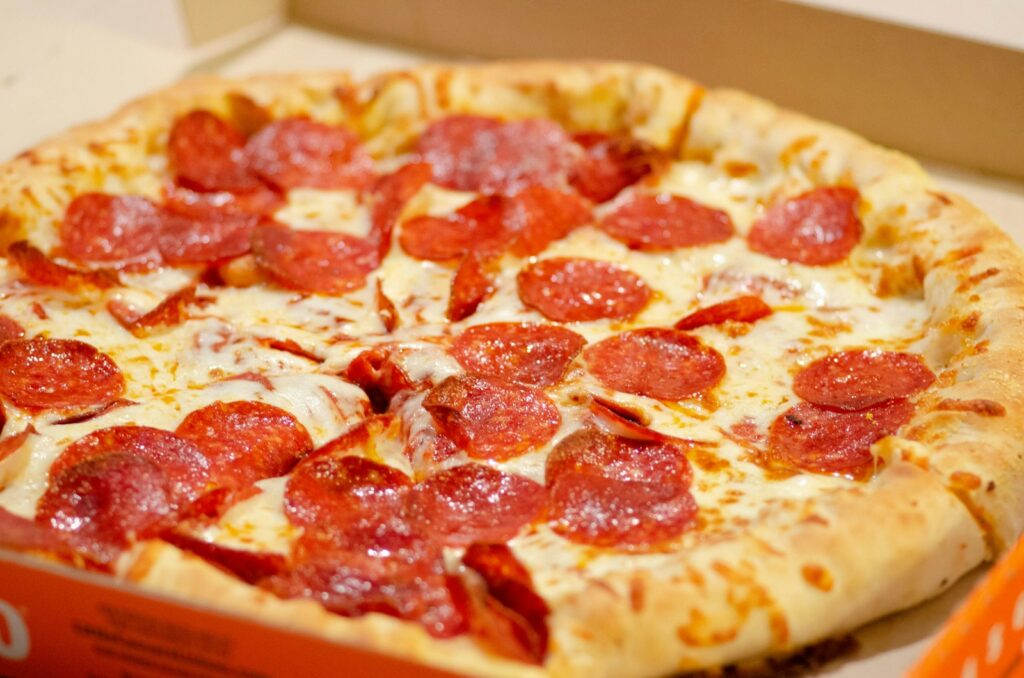
If you’ve been giving him too many tasty human treats, your dog might start holding out for something better instead of his regular food. After all, who wouldn’t want a delicious slice of pizza over boring kibble? While it’s fun to share snacks occasionally, it’s best to keep those treats to a minimum to avoid turning your pup into a little food snob.
Fasting for Attention
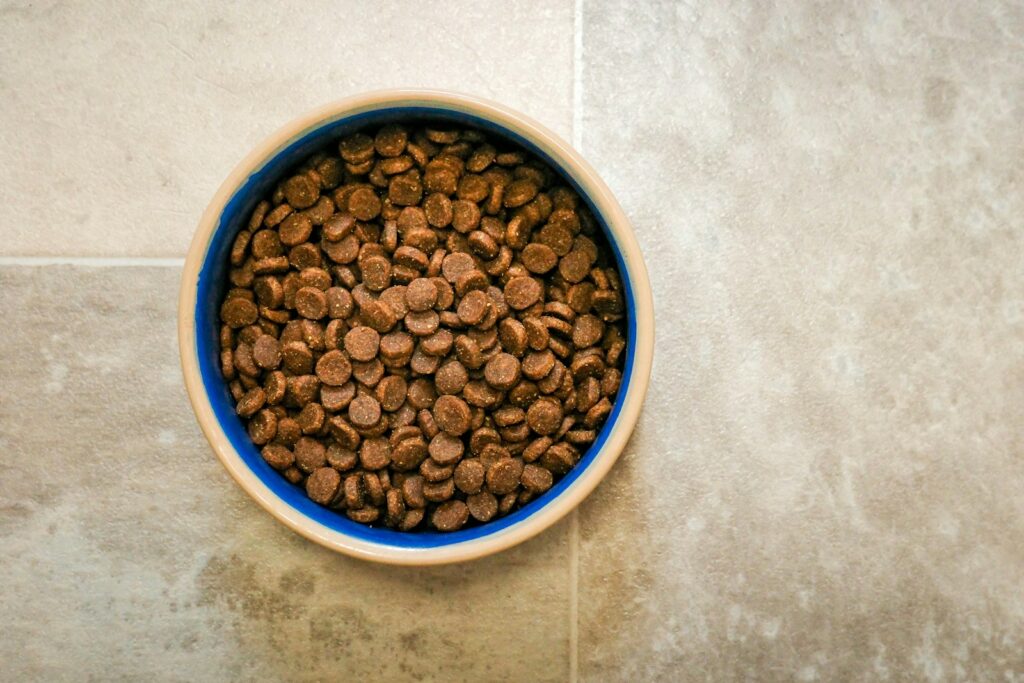
Some dogs figure out that skipping meals can earn them some extra love and attention. If your pup’s looking for more cuddles, he might decide to pass on food just to get you to focus on him. While it’s sweet to give him the affection he’s after, it’s still important to make sure he knows mealtime matters. You don’t want him thinking it’s playtime every time he skips a meal.
Age-Related Changes
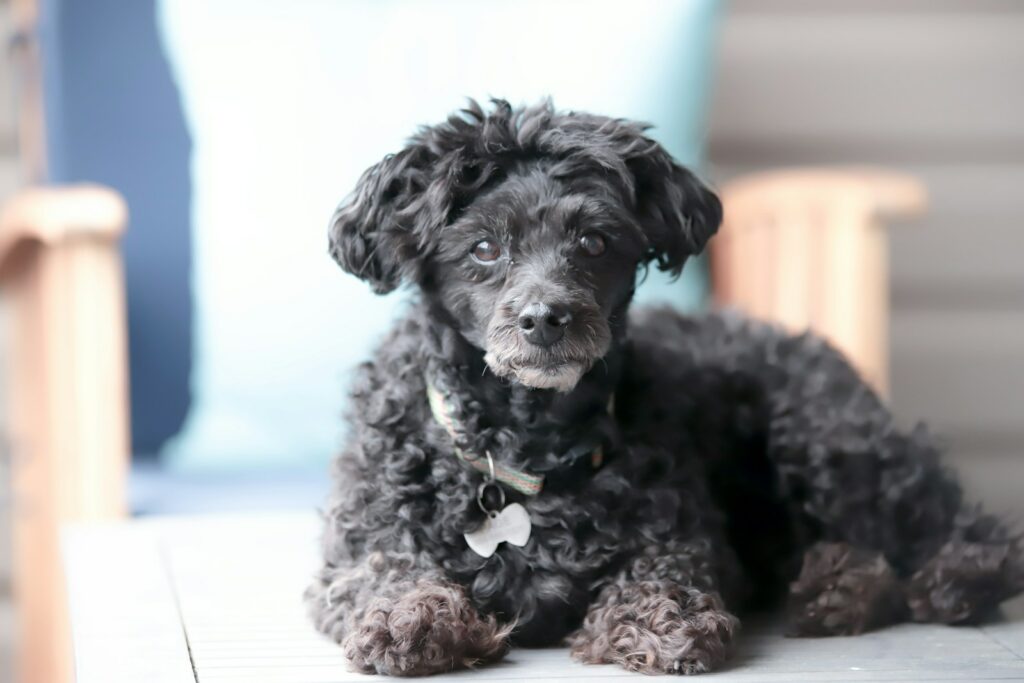
Because of aging, dogs can experience changes in taste and smell, which might make them less interested in food. If your senior pup is acting more disinterested at meal times—you need to switch to a softer food that’s easier for him to chew. Making mealtime easier for your dog can help keep him happy and nourished.
Overfeeding Issues
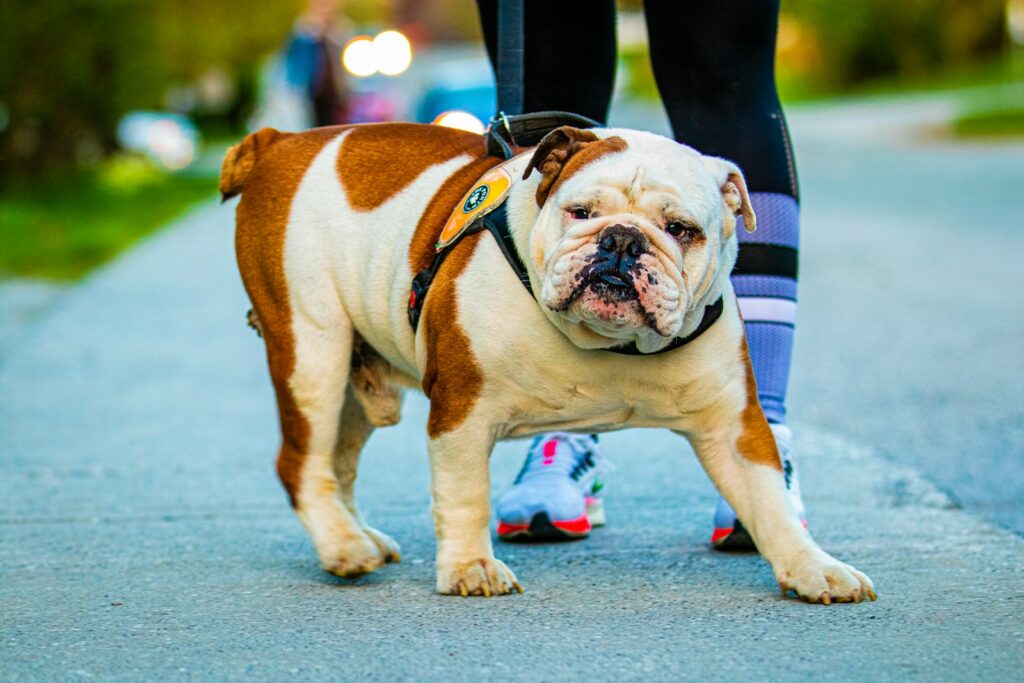
Maybe your pup’s not eating because you’re overfeeding him. If he’s getting huge portions or tons of treats and snacks throughout the day—he might just not be hungry at all! We suggest you stick to a set amount of food each day so that he’s ready and excited to dig in by the time mealtime rolls around.





